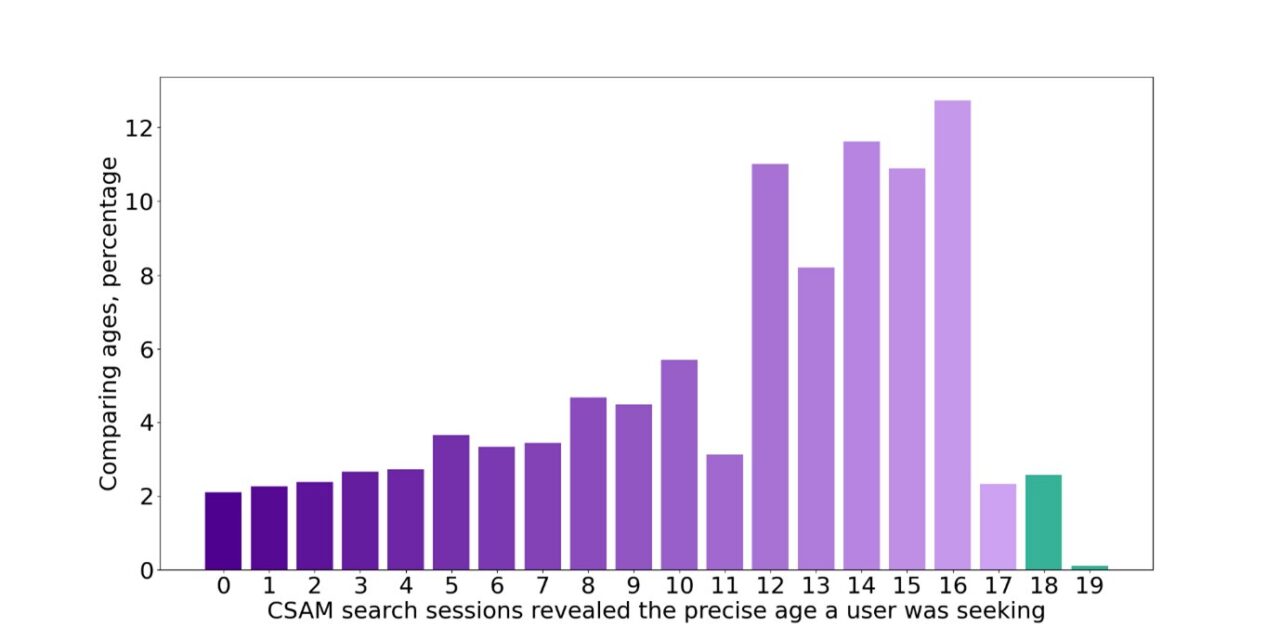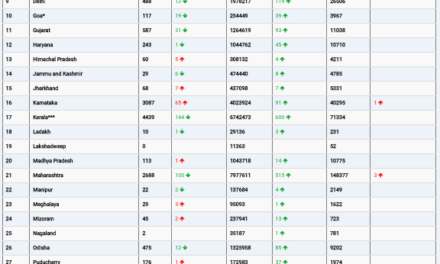A groundbreaking study led by Tampere University has uncovered alarming findings regarding the prevalence of child sexual abuse material (CSAM) on the Tor network, raising concerns about online safety and the need for public health intervention strategies.
Published in Scientific Reports, the study marks the first large-scale investigation into Tor users’ search behavior and the availability of CSAM on the anonymous network. Led by Juha Nurmi of Tampere University’s Network and Information Security Group, the research sheds light on the dark underbelly of the internet and underscores the urgency of addressing illegal and harmful online activities.
The Tor network, known for its encryption capabilities and anonymity features, has long been hailed as a bastion of privacy and free expression. However, the study reveals a troubling reality: one in five onion websites operating on Tor in 2023 shared CSAM, with such material easily accessible through popular search engines on the network.
Nurmi, the lead researcher and developer of the Ahmia search engine for Tor, spearheaded the investigation by analyzing over 110 million search sessions. Shockingly, the analysis revealed that 11% of these searches explicitly sought CSAM, indicating a disturbing trend of illicit content consumption.
“Despite efforts to filter search results and redirect users seeking CSAM to self-help websites, a significant percentage of Tor users continue to actively seek out illegal content,” Nurmi lamented.
The study also sought to engage Tor users directly by directing them to a survey aimed at understanding their behaviors and providing assistance. Over 11,000 users completed the survey, revealing troubling insights into their exposure to CSAM and its impact on their mental health.
Key findings from the survey include the revelation that 65% of respondents were first exposed to CSAM as children themselves, with half stumbling upon the material accidentally. Additionally, 48% expressed a desire to cease viewing CSAM, highlighting the urgent need for effective interventions and support services.
“Our research underscores the urgent need for assistance and intervention strategies to combat the harmful effects of CSAM consumption,” Nurmi emphasized.
The study’s findings serve as a wake-up call to policymakers, mental health professionals, and internet safety advocates, highlighting the importance of addressing online harms and safeguarding vulnerable individuals from the devastating impact of CSAM.
As the internet continues to evolve, efforts to combat illegal content and protect users must remain a top priority, ensuring a safer and more secure online environment for all.
The study, while shedding light on a dark corner of the internet, also underscores the potential of online therapies and intervention programs in addressing harmful behaviors and promoting mental well-being among vulnerable individuals.
With further research and collaborative efforts, there is hope for a future where online platforms are free from exploitation, and individuals can navigate the digital landscape without fear or harm.











